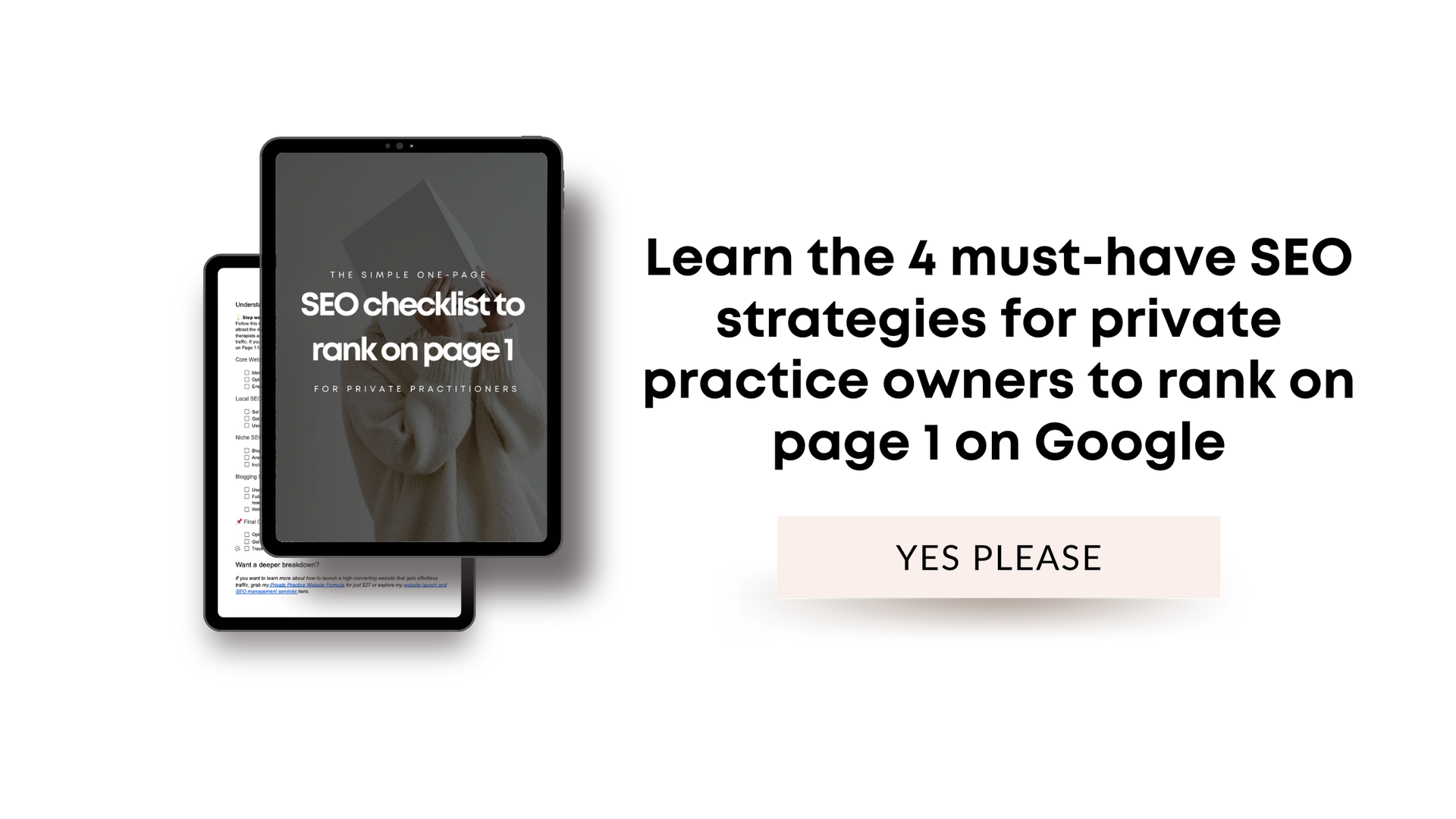Where to find the best life coaching tools and resources
Where to find the best life coaching tools, resources, and websites
Starting your life coaching business can be both exciting and challenging. You’re passionate about helping others, but the idea of finding the right tools and resources to make your brand look professional might feel overwhelming. “Where do I even begin?” “What tools do I really need to grow my business effectively?” If these questions sound familiar, you’re not alone. The good news is that you don’t have to figure it all out on your own—I’m here to guide you.
In case we haven’t met, I’m Natalia Maganda, a web designer for life coaches . I help conscious service providers build digital systems that simplify their business processes and amplify their impact, so they can focus on what they love most—coaching. Today, I’m sharing the best resources, tools, and websites that can save you time and make your life coaching practice feel more professional. Let’s explore the essentials that will help you streamline your brand and grow your business.

The importance of branding your marketing touchpoints
Before diving into the tools, it’s essential to understand why branding is crucial for life coaches. Your brand is more than just a logo or a website—it’s the entire experience you offer your clients at every point of contact. Whether it’s through your website, an email, a social media post, or during a session, each interaction should feel cohesive, professional, and uniquely you.
Branding isn’t just about looking polished; it’s about building trust. A consistent and well-executed brand gives clients a sense of familiarity and reliability. When clients know what to expect from you and feel aligned with your messaging, they’re more likely to feel confident in your services, return for more sessions, and even recommend you to others. This consistency across your marketing touchpoints—like your website, email templates, and social media—ensures that each interaction feels intentional, supportive, and aligned with the values you stand for.
Begin by focusing on the touchpoints that have the most impact. Your website is often the first impression clients get of your business, so ensure it reflects your values and offers a warm, welcoming space. Another critical touchpoint is client communication—whether through emails, session reminders, or intake forms, keeping a consistent tone and style is key.
What resources and tools do life coaches need?
To build a thriving life coaching business, having the right tools is essential. These tools not only streamline your operations but also elevate the client experience and help maintain a professional, engaging online presence. Let’s explore some must-have categories and resources for each.
1. Coaching frameworks & techniques
A solid coaching structure is fundamental for guiding clients effectively. Here’s how you can use different frameworks and techniques to enhance your sessions:
- Coaching models : Models like the GROW model, SMART goals, or the Wheel of Life provide structured approaches to help clients identify goals and create action plans. For example, use the GROW model (Goal, Reality, Options, Will) to guide clients through their goal-setting process, ensuring each session has a clear focus.
- Workbooks & exercises : Incorporate tools such as vision mapping, values assessments, or journaling exercises to help clients reflect and gain clarity on their life goals. Example: Create a “Vision Board Workbook” where clients visualize their ideal future and set actionable steps to move towards it.
- Coaching manuals & guides
: These resources outline best practices for various client types. They can be especially helpful when working with clients facing specific challenges, such as stress management or career transitions. Look for manuals that provide session templates and communication techniques to feel prepared and confident.

2. Client management systems - Moxie
Managing client relationships efficiently is crucial for a successful coaching business. Here are the tools that can keep you organized:
- CRM software : Platforms like Moxie help manage client details, track progress, and handle appointments.
- Scheduling tools : Tools allow clients to book sessions easily. They integrate with your calendar to prevent double bookings and send reminders to clients, saving you from back-and-forth scheduling emails.
- Client portals : Platforms like Moxie offer clients a dedicated space where they can access documents, session notes, and other resources. This makes it easier for clients to keep track of their progress and feel supported.
-
Use your CRM to create automated workflows for welcoming new clients. A personalized welcome email, followed by a series of resources, can make new clients feel valued from the start.

3. Business management tools
Running a coaching business requires organization and efficient business management. Here’s how to make it easier:
- Invoicing & payment solutions : Platforms like Stripe , PayPal , or QuickBooks simplify invoicing and payment processing. For instance, QuickBooks helps track income and expenses, ensuring you have a clear picture of your financial health.
- Project management tools : Tools like Asana , Trello , or Notion allow you to plan marketing activities, organize tasks, and track business goals. My favorite here is Notion.
- Time management apps
: Apps like
Toggl
or
Clockify
help you track how much time you spend on each session, admin tasks, and marketing efforts. This allows you to optimize your schedule and prioritize high-impact activities.
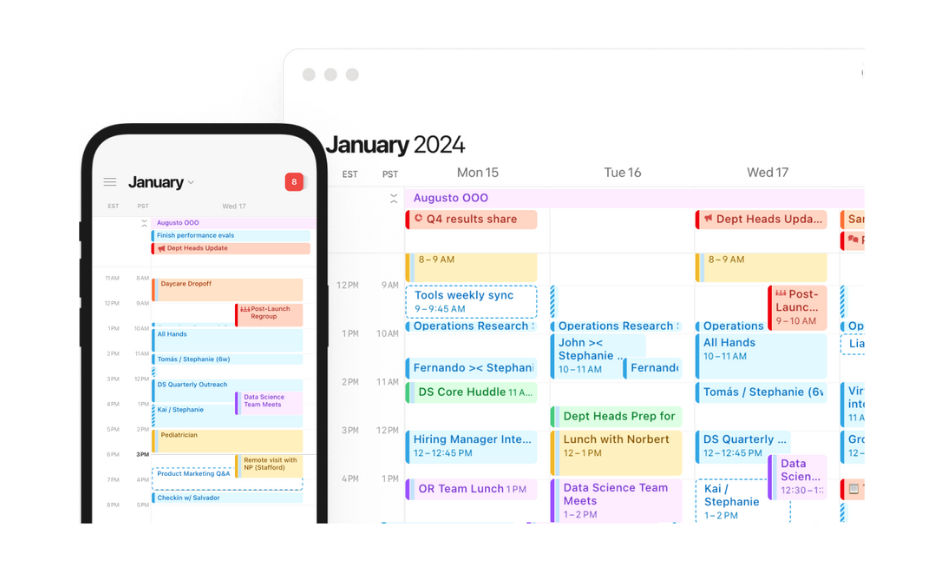
4. Communication & engagement platforms
Effective communication is vital for life coaches, both during and between sessions. Here are tools to enhance client interactions:
- Video conferencing software : Platforms like Zoom or Google Meet offer reliable video conferencing solutions for virtual coaching sessions. You can also record sessions for clients who wish to revisit their progress.
- Client communication tools : Tools like WhatsApp or Voxer are great for staying connected with clients between sessions. For instance, you can send motivational messages or quick tips through Voxer, helping clients feel supported and engaged.
- Email marketing platforms
: Platforms like
Mailerlite
,
Mailchimp
,
ConvertKit
, or
ActiveCampaign
help you set up automated email campaigns. Use these tools to send personalized check-ins or updates to keep your clients engaged and informed.
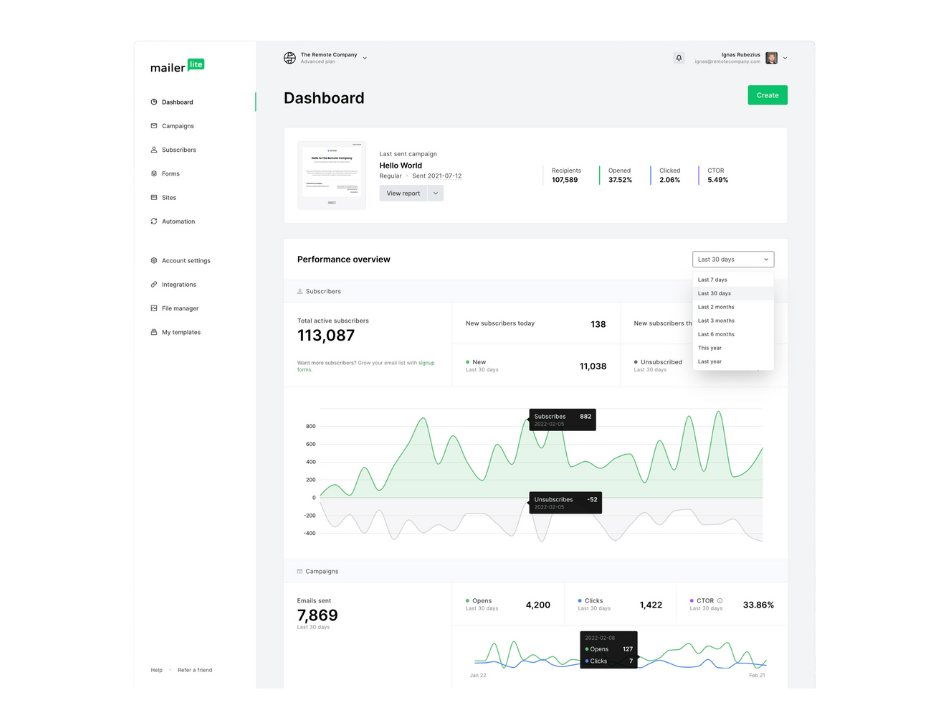
5. Content creation & marketing tools
Creating engaging content is essential for building an online presence. Here’s how to simplify the process:
- Social media scheduling tools : Tools like Later allow you to plan and automate your social media posts. You can batch-create content and schedule it for the week, saving time and maintaining an active online presence.
- Canva : This tool is a must-have for creating professional graphics and social media visuals. Whether it’s a client workbook, social media post, or session materials, Canva’s templates make it easy to design on-brand content.
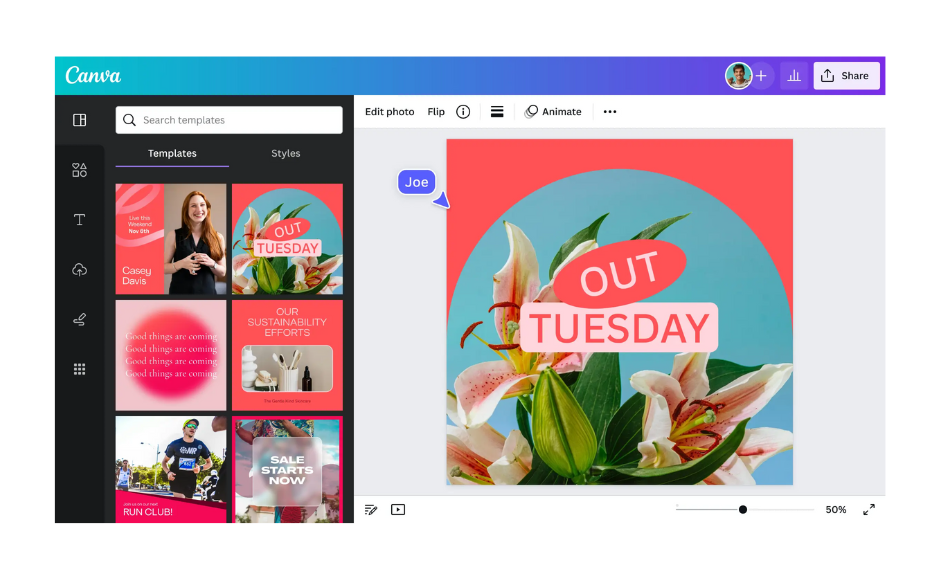
6. Assessment & evaluation tools - Jotform / Google Forms / Typeform
Assessing client progress and gathering feedback is vital. Here’s how you can do it effectively:
- Progress tracking sheet, quizzes, feedback forms and surveys : Utilize digital tools for tracking client progress, achievements, and goals. Use tools like Google Forms , Jotform or Typeform to create your own progress-tracking forms. Collecting this information helps you improve your services and understand client satisfaction.
Pro tip : After every five sessions, send out a brief feedback form to clients. Ask specific questions about what they found helpful and where they’d like more support. This not only shows that you care but also provides valuable insights for improving your services.
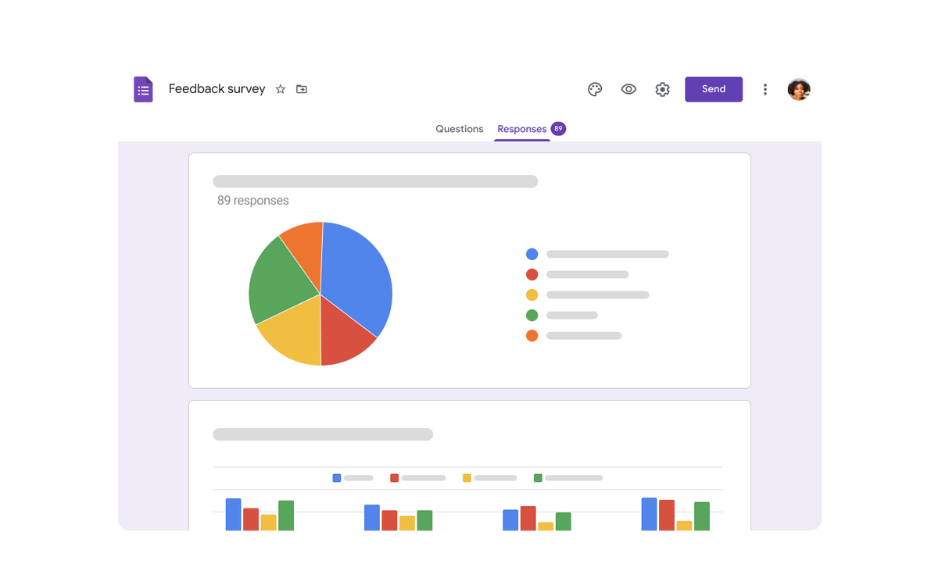
7. Resource libraries & toolkits
Having a resource library adds value to your coaching practice and enhances client experiences. Consider these tools:
- Worksheets & templates : Ready-made templates for goal setting, session planning, and progress tracking can streamline your coaching process. These resources ensure you have a structured approach for each client, saving you time.
- Digital notebooks & journals : Tools like Notion are perfect for organizing session notes, keeping track of client progress, and planning future sessions. You can create templates for goal tracking, journaling exercises, and client assessments.
- Resource libraries : Create a curated collection of recommended books, videos, podcasts, and articles on personal development topics. You can use these resources to educate clients or suggest materials that align with their goals.
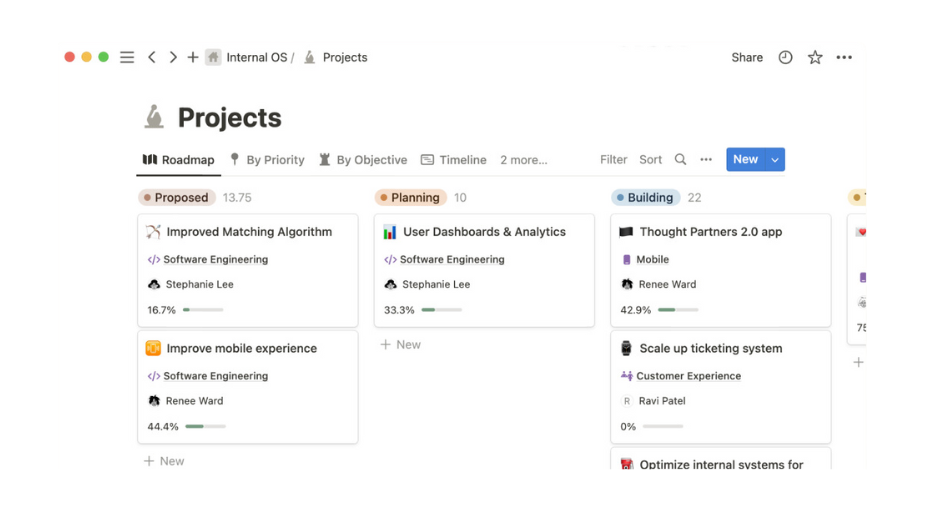
Elevate your practice with the right tools
Choosing the right tools and resources is a game-changer for any life coach. It’s not just about streamlining your business; it’s about creating a professional and cohesive experience that reflects your brand at every touchpoint. The right tools allow you to focus on what truly matters—helping your clients transform their lives—while making your daily operations seamless and efficient.
Start by integrating one tool at a time, ensuring it aligns with your values and enhances the client experience. Once you’re comfortable, expand your toolkit gradually, building a robust and efficient system.
Are you ready to elevate your online presence and build a website that reflects your brand while integrating seamlessly with these tools?
I’m here to help you create a digital space that supports your coaching business and attracts the clients you’re meant to serve. Explore my web design services for life coaches , and let’s design a site that amplifies your impact and brings your coaching vision to life.
Related reads life coach marketing:
- 30 branding ideas for life coaches
- How to get clients for your coaching business
- SEO for life coaches and how to grow your traffic
- Life coaching intake form: what to include and free template
- The best online coaching platforms
- The best appointment apps for life coaches
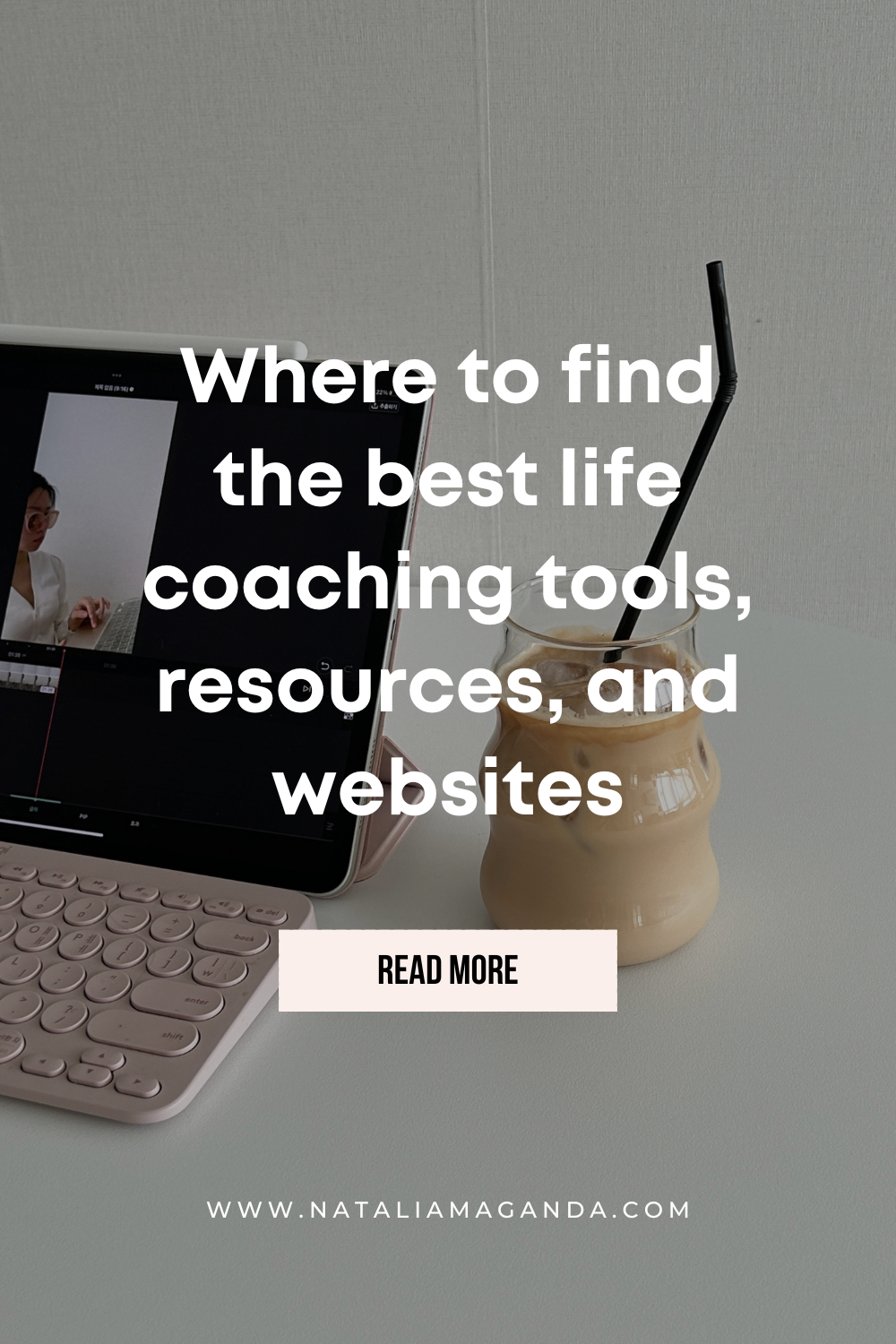
* AI Disclosure: This content may contain sections generated with AI with the purpose of providing you with condensed helpful and relevant content, however all personal opinions are 100% human made as well as the blog post structure, outline and key takeaways.
* Affiliate Disclosure: Some of the links on www.nataliamaganda.com may contain affiliate links meaning that I will get a commission for recommending products at no extra cost to you.

hello! i'm natalia
Latina, web design expert for mental health professionals.
I help ambitious life coaches, therapists and holistic leaders amplify their magic, gain visibility, and simplify their marketing efforts through strategic web design and content.
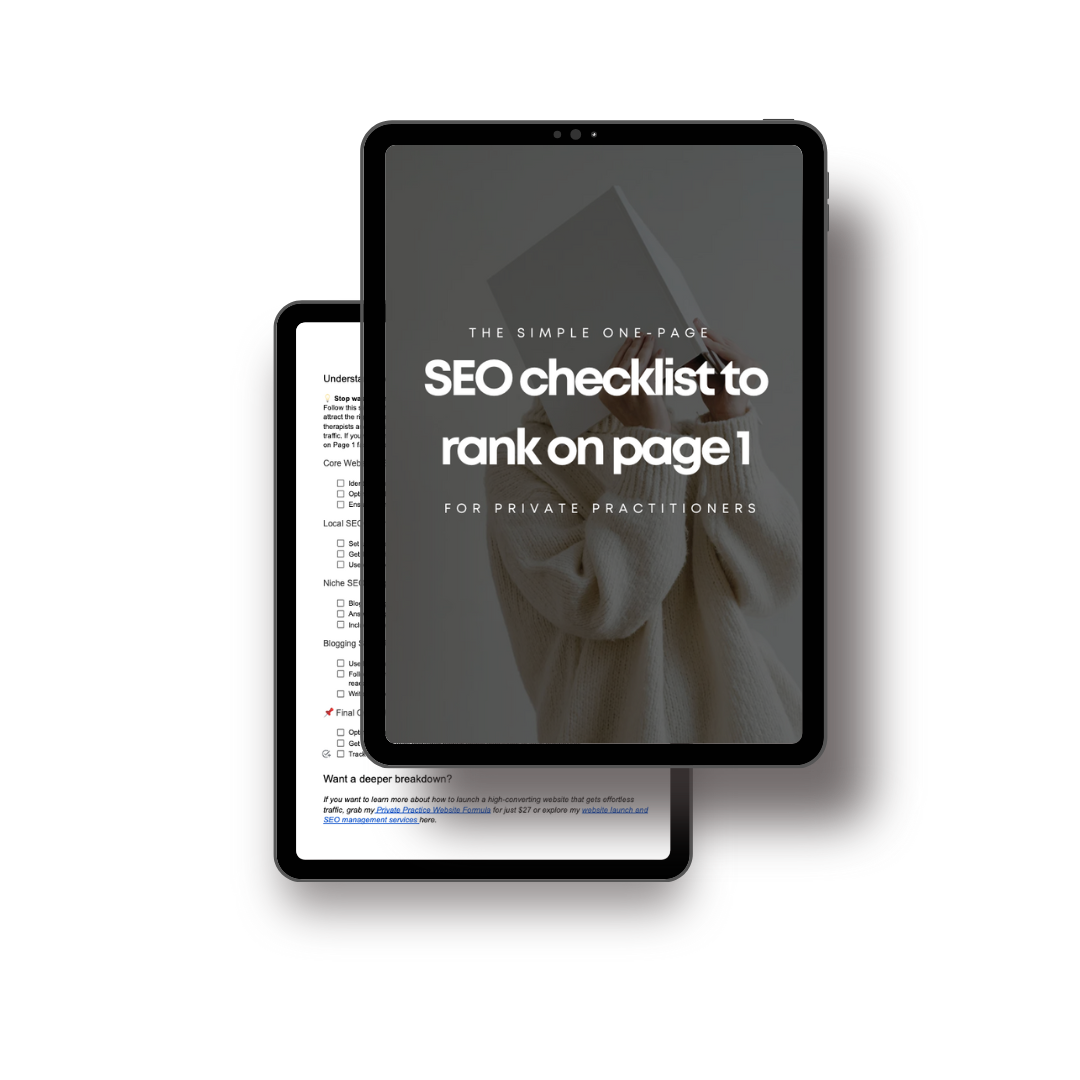
The world needs more holistic healing and LIFE coaching
I get to help hundreds of people live their best lives and thrive every time I help people like you, launch a website.

Bilingual strategic web designer for mental health professionals, life coaches & holistic practitioners. We are located in Mexico serving USA & Worldwide. Contact |
All Rights Reserved | Natalia Maganda | Privacy Policy


